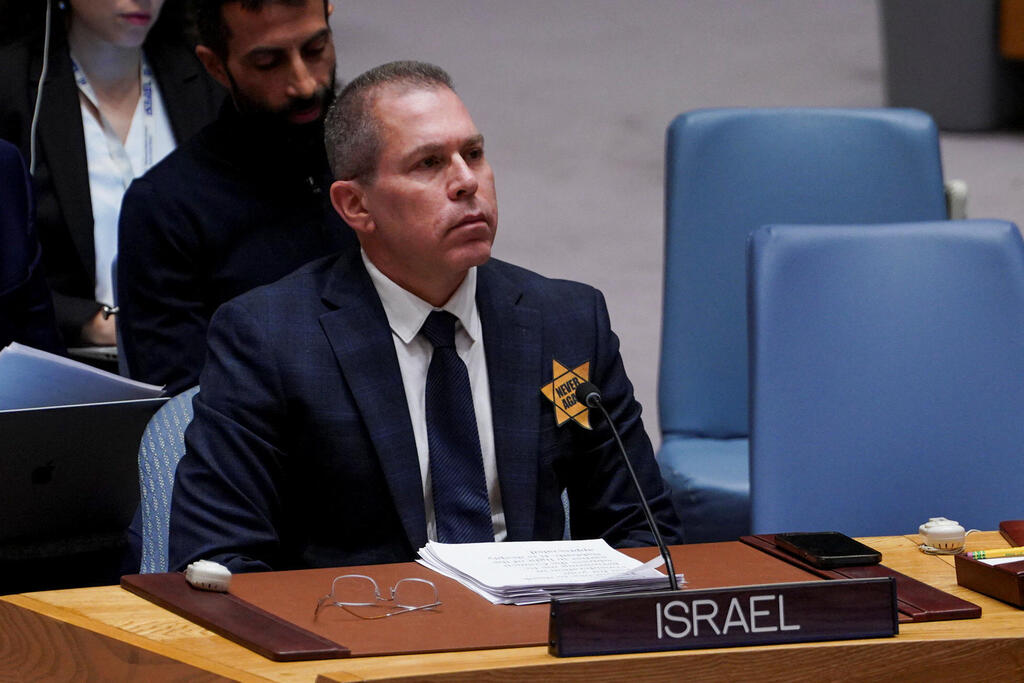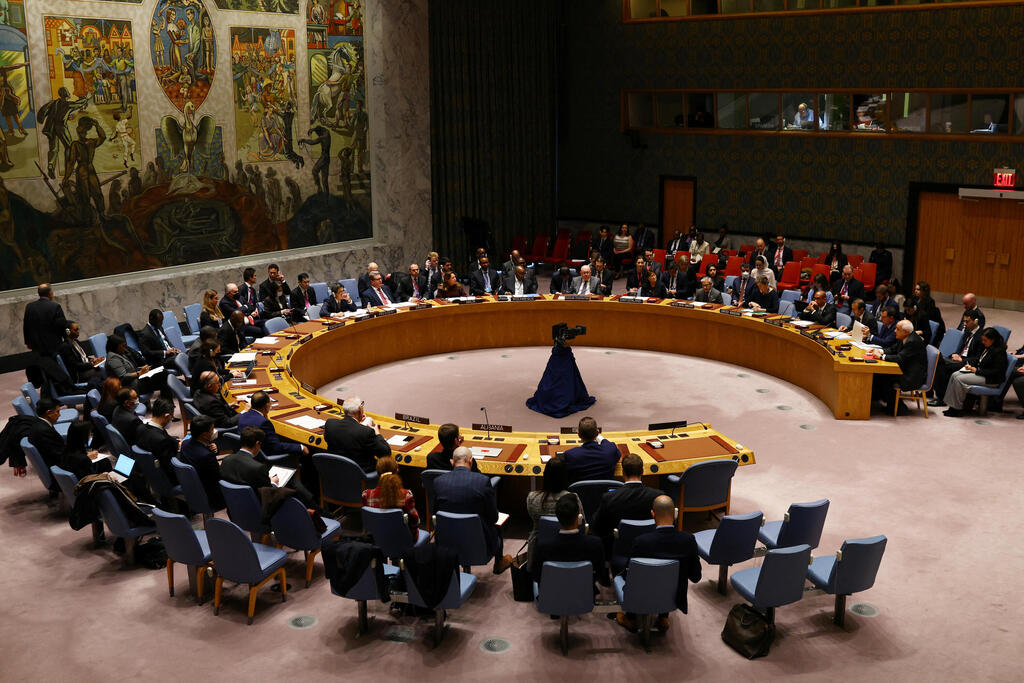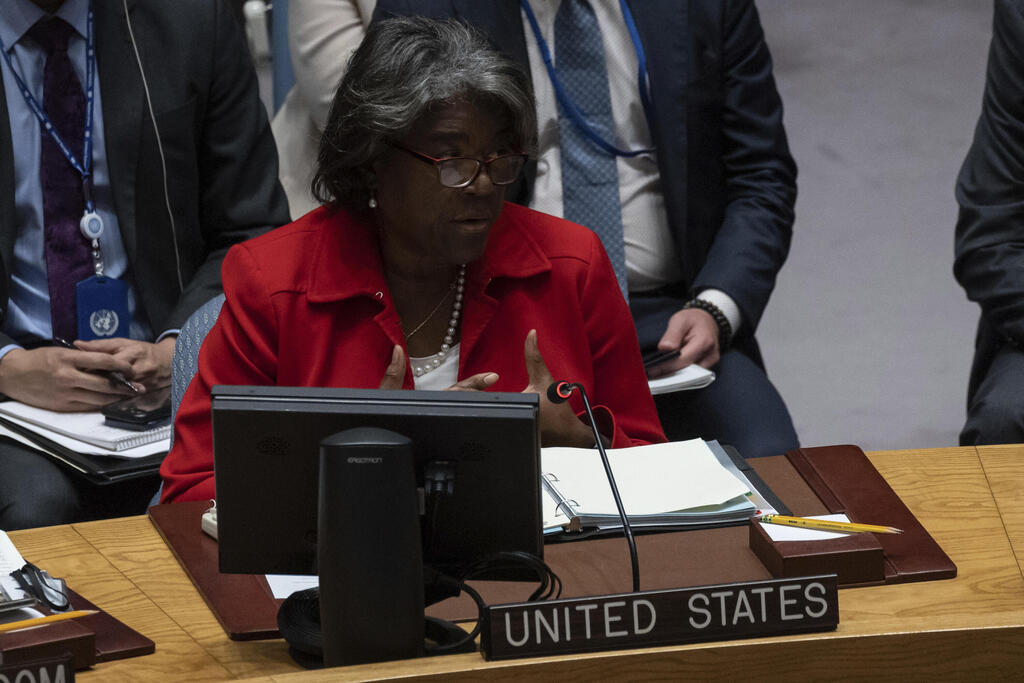Getting your Trinity Audio player ready...
Without inclusion of a condemnation of Hamas' horrific massacre on October 7, the United Nations Security Council's resolution on Wednesday called for a cease-fire of seceral days as well as the release of all hostages held by the Iranian proxy. While the United States was displeased at the omission of criticism for Hamas, it chose not to veto the resolution.
Read more:
Mostly declarative in nature, the resolution does require UN Secretary General, Antonio Guterres to supervise its implementation and report on this at the next Security Council meeting.
Malta submitted the resolution, which received wide support from the Muslim world – including the United Arab Emirates – while the United States, United Kingdom and Russia all abstained. The resolution specifies "urgent and extended humanitarian pauses and corridors throughout the Gaza Strip for a sufficient number of days to enable, consistent with international humanitarian law, the full, rapid, safe and unhindered humanitarian access for United Nations humanitarian agencies and their implementing partners."
This is the first resolution successfully passed in the Security Council regarding the war in Gaza, after no less than four failed attempts to pass one, with Russia having failed twice before to secure to requisite amount of votes, and with the United States vetoing another failed resolution promoted by Brazil.
While Israel was happy about the part that called for the unconditional release of all hostages held inside the enclave, Gilad Erdan, Israeli ambassador to the UN, found the other parts of the resolution disheartening. "Regardless of what the council decides, Israel will continue acting according to international law while the Hamas terrorists will not even read the resolution at all, let alone abide by it," he said in a statement, labeling the resolution "disconnected from reality and meaningless."
A spokesman for Israel's Foreign Ministry, Lior Haiat, responded to the vote. "Israel calls on the Security Council and the international community to insist on the release of all Israeli hostages quickly as the resolution stipulates," he said.
Riyad Mansour, the Palestinian ambassador to the UN, said he was pleased that the council is "finally acting." However, he expressed his disappointment over its failure to demand a cease-fire. Mansour further voiced his disapproval of the council's silence on the tragic death of civilians and humanitarian aid workers.
The UN High Commissioner for Human Rights, Volker Türk, laid the blame on both Hamas and Israel. "The atrocities perpetrated by Palestinian armed groups on October 7 were heinous, brutal and shocking, they were war crimes – as is the continued holding of hostages," he said in a statement. "The collective punishment by Israel of Palestinian civilians amounts also to a war crime, as does the unlawful forcible evacuation of civilians."
3 View gallery


Israel's ambassdor to the UN, Gilad Erdan, 'meaningless resolution'
(Photo: Reuters/David 'Dee' Delgado)
Acknowledging the loss of 101 U.N. staff members since the war started, U.S. ambassador to the U.N. Linda Thomas-Greenfield noted, "Terrorists continue to lob bombs into Israel."
However, since the resolution failed to condemn the actions of Hamas, Thomas-Greenfield expressed horror and shame. "What are they afraid of?" she asked. "What is stopping them from unequivocally condemning the actions of a terrorist organization that is determined to kill Jews?"
First published: 09:39, 11.16.23





